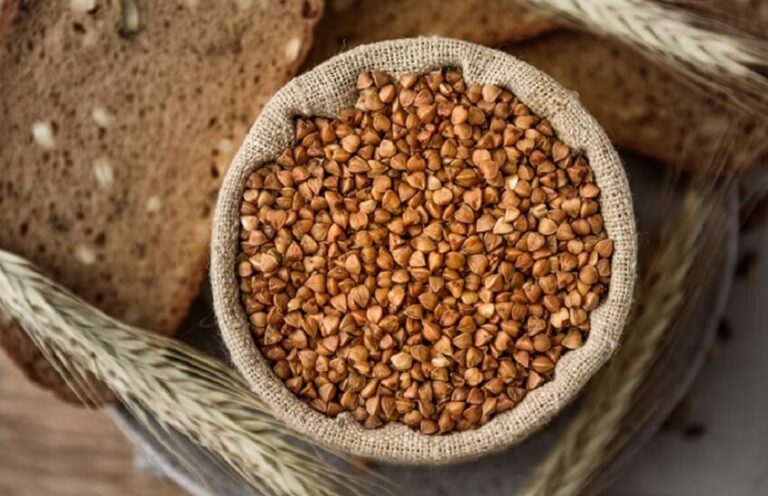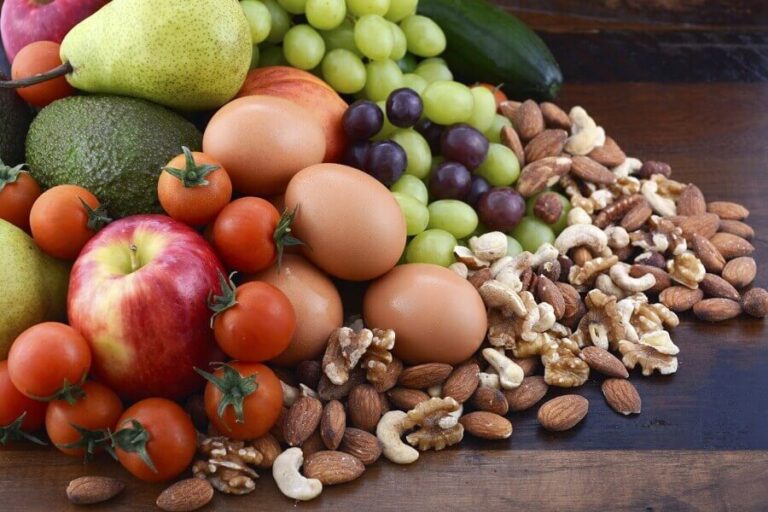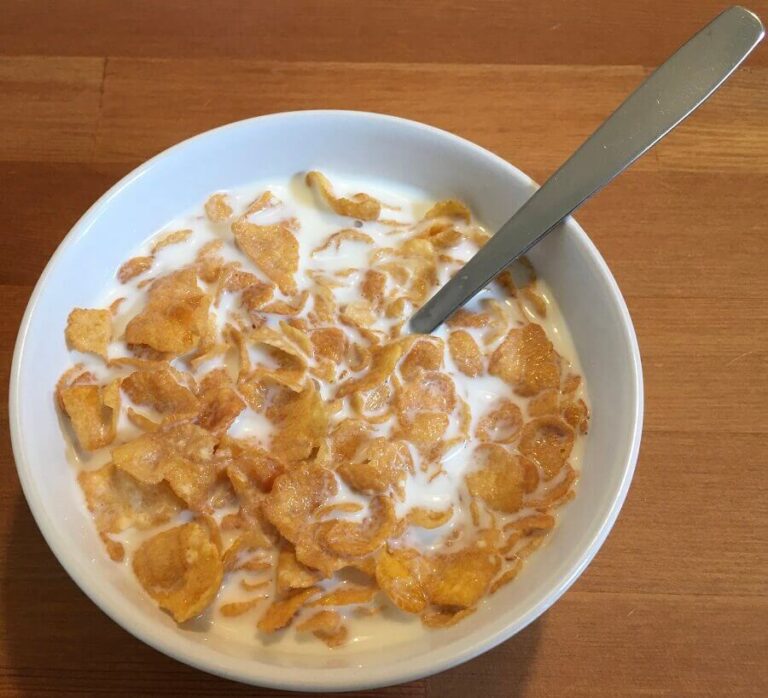Not all carbohydrates are bad. Complex carbohydrates are considered excellent or slow because they do not cause spikes in blood sugar levels.
Eating foods with complex carbohydrates is essential both for diabetics and for their bodies to stay healthy.
This article describes examples of complex carbohydrates and how many you need to eat per day to be considered reasonable.
What are complex carbohydrates?
Complex carbohydrates, also called slow-absorbing carbohydrates or simply slow carbohydrates, are composed of several structural elements (saccharides).
The carbohydrate foods complexes should prevail in a healthy diet; according to the WHO should provide up to 60% of total calories. (6)
They are called slow carbohydrates because of the slow speed at which the body assimilates them. Complex carbohydrates do not have a distinct flavor, and they are mainly found in vegetables and cereals. The most common examples are starch and vegetable fiber.
Read more:
- What are carbohydrates? Classification and definition
- Is it good to reduce carbohydrates to lose weight?
- Refined Carbs – What Are They And Why Are They Bad?
Complex vs. Simple Carbs
Carbohydrates can be classified into simple and complex. (4) Simple carbohydrates are mainly found in fruits, honey, cane sugar, and beets. The main difference between these two types of carbohydrates is how the body can transform them into glucose.
Unlike complex carbohydrates, simple carbohydrates only need a couple of minutes to reach the bloodstream. When this happens, blood glucose levels rise abruptly.
For this reason, it is recommended that the intake of simple carbohydrates should be limited to 10% of total calories, particularly in cases of diabetes, overweight, or obesity. (6)
The total carbohydrate intake should be 45-65% in a healthy diet. The equivalent of 250 – 300 g per day. A maximum of 10% must be simple and the rest complex carbohydrates. (4)
To reach this figure, the fundamental thing is to include cereals and pseudocereals ( oats, amaranth, buckwheat ) and avoid foods high in added sugar.
Examples of foods with complex carbohydrates
Complex carbohydrates are found in foods high in starch and vegetable fiber. Cereals, whole grains, and vegetables are the leading foods in complex carbohydrates:
- Cereals (Oats, wheat, spelled, millet, wheat, rice)
- Pseudocereals (Quinoa, amaranth, buckwheat)
- Vegetables (potatoes, zucchini, sweet potato, carrot, aubergine, zucchini)
- Legumes (beans, lentils, chickpeas)
- Wholemeal pasta
- Whole-grain bread
RELATED: Resistant Starch – What is it?
Complex carbohydrates and glycemic index
Complex carbohydrates can be metabolized slowly, so they are said to be foods with a medium or low glycemic index—a perfect type of food in a type 2 diabetic diet.
The glycemic index of complex carbohydrate foods can change depending on the degree of refining. The most straightforward example to see is the case of refined wheat flour.
Although flour is a food high in good carbohydrates, its production process produces a delicate, concentrated powder that the body can absorb at almost the same rate as sugar.
In a healthy diet, you should choose foods with complex carbohydrates with a medium glycemic index: whole grains that include fiber in their composition. Refined flours should be avoided.
Why are carbohydrates good?
As a general rule, it can be said that complexes are sound and those that should predominate in the diet since they do not alter blood sugar levels abruptly. The simple ones or sugars are the ones that must be controlled.
Opting for sugars over complex carbohydrates results in an imbalance in the levels of the hormone insulin. This causes an increased feeling of hunger and craving for sweet foods. Ultimately, the insulin mechanism fails, and chronic diseases like type 2 diabetes appear.
Plant fiber – A particular type of complex carbohydrate
Vegetable fiber or dietary fiber is a complex carbohydrate that cannot be digested by the human stomach. The enzymes of the human system cannot process it. However, fiber falls into the category of good carbohydrates as it helps improve the absorption processes of vitamins and minerals and optimizes the intestinal microflora.
The foods with fiber par excellence are the stems, grains, and peels of plants and vegetables. Plant fiber is the main component of most dense plant structures. Including this type of complex carbohydrate in the diet ensures the mechanical movement of food through the intestine and provides a minor sensation of hunger.
ABSTRACT
Complex or slow-absorbing carbohydrates are carbohydrates made up of long chains of saccharides.
The recommended consumption of this type of carbohydrate is 45-60% of the total daily calories.
Examples of foods with complex carbohydrates are vegetables, cereals, pseudocereals ( millet, spelled, oats, amaranth, buckwheat), foods that are high in starch, and vegetable fiber.
It cannot be said that there are good carbohydrates. However, a balanced nutrition complex should predominate.
The cooking time and the refining process can modify the insulin index of slow carbohydrates; this is why refined flours should be limited in the diet.







